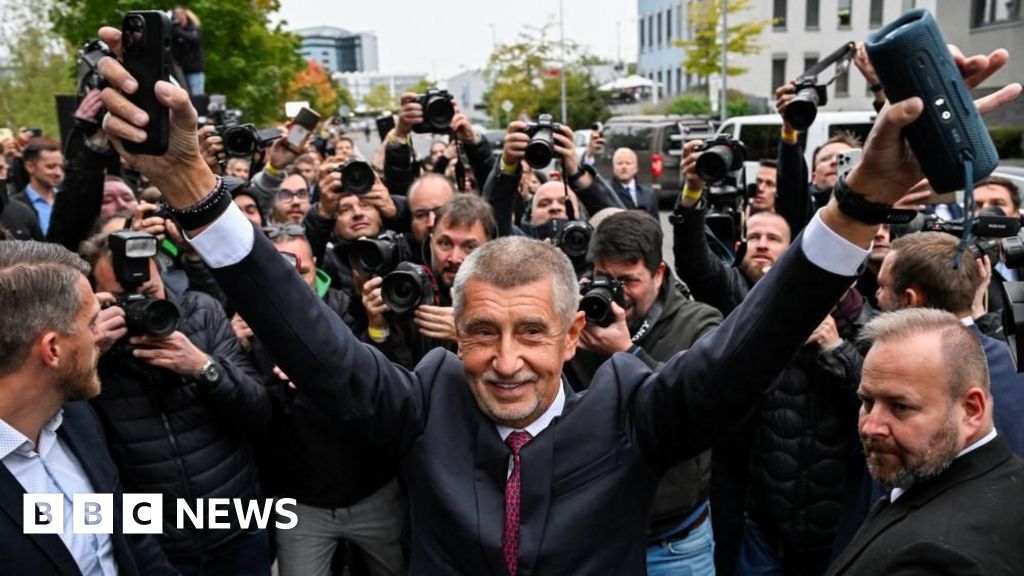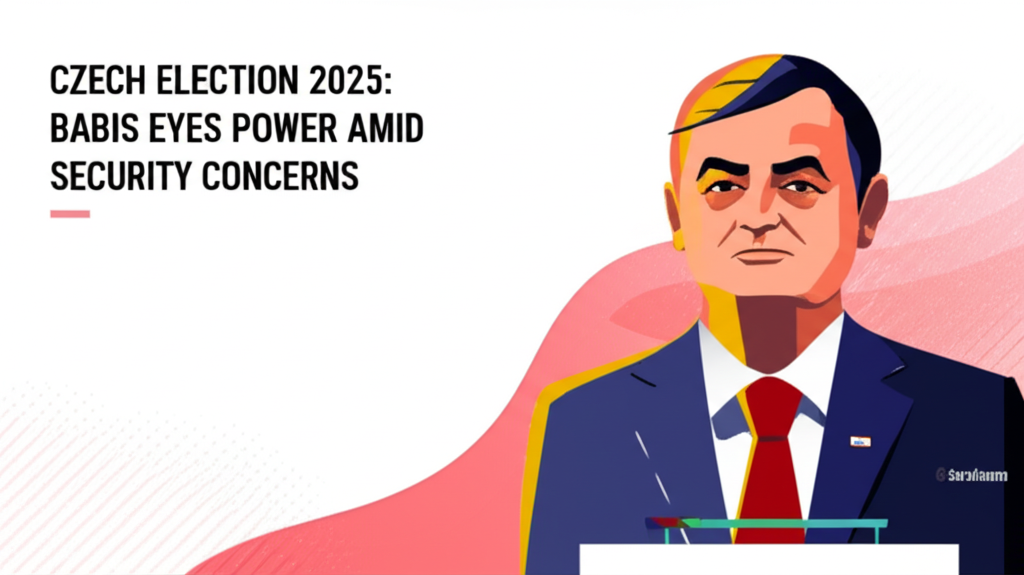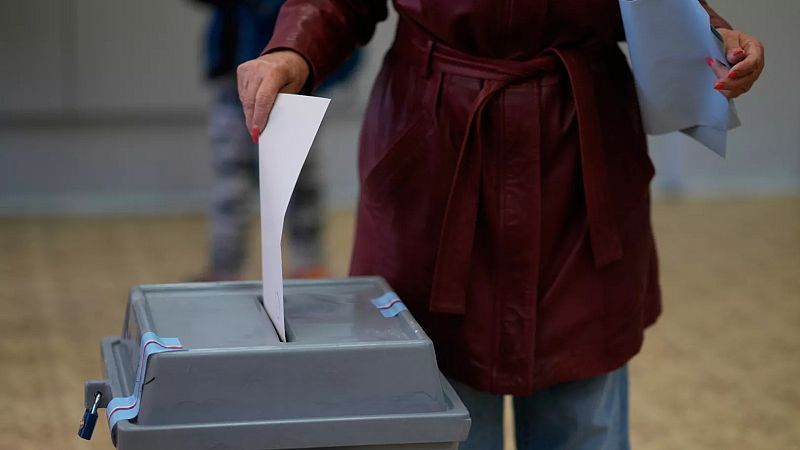Czech Republic Faces Political Uncertainty After Election
The Czech Republic is navigating a complex political landscape after recent elections. Andrej Babiš's populist ANO party secured a plurality but fell short of a majority, leading to challenging coalition negotiations. The election results have placed fringe parties in a position of influence, potentially impacting the country's relationship with the European Union (EU) and NATO.
Babiš's Pursuit of a Governing Coalition
Despite winning 34.5% of the vote and securing 80 seats in the 200-seat lower house, ANO requires coalition partners to form a government. Babiš has expressed a desire for a one-party government supported by the anti-NATO and anti-EU Freedom and Direct Democracy (SPD) party and the right-wing Motorists party, which opposes green policies. These three parties together would hold 108 seats, giving them a slim parliamentary majority, but securing their support remains a hurdle.
The Role of President Petr Pavel
President Petr Pavel, a former general and chairman of NATO's Military Committee, is playing a crucial role in the formation of the new government. He is holding talks with all party leaders and has stated that he will convene parliament at the beginning of November. Under the constitution, the president is tasked with naming the new prime minister, who must be confirmed by parliament within 30 days. Pavel has indicated he will insist on a "pro-western direction" for the country, potentially blocking candidates perceived as undermining Czech Republic's EU and NATO commitments. He has also raised concerns about a potential conflict of interest related to Babiš's business interests.
Policy Differences and Potential Challenges
ANO campaigned on pledges of faster growth, higher wages and pensions, and lower taxes. However, the party faces resistance to some of its policies, particularly its opposition to the EU's migration pact and green deal. While Babiš has dismissed claims that he may weaken Czech relations with the EU and NATO, he has indicated opposition to certain EU policies, particularly those regarding carbon reduction and immigration. He also faces a trial for subsidy fraud, adding another layer of complexity to the political situation.
The Influence of Fringe Parties and Future Outlook
The SPD, led by Tomio Okamura, is demanding cabinet posts following the elections. The party, which secured 15 seats, called for referendums on Czech membership of NATO and the EU during its campaign. Mainstream parties have ruled out forming a coalition with ANO, forcing Babiš to seek support from the SPD and the Motorists. Political analysts suggest that forming a cabinet with the Motorists and backing from the SPD could be the simplest route for Babiš, despite the challenges in negotiations. However, the formation of a stable coalition remains complex, and failure to reach an agreement could potentially lead to early elections.
| Party | Seats |
|---|---|
| ANO | 80 |
| SPD | 15 |
| Motorists | 13 |
 Visit the website
Visit the website



)


